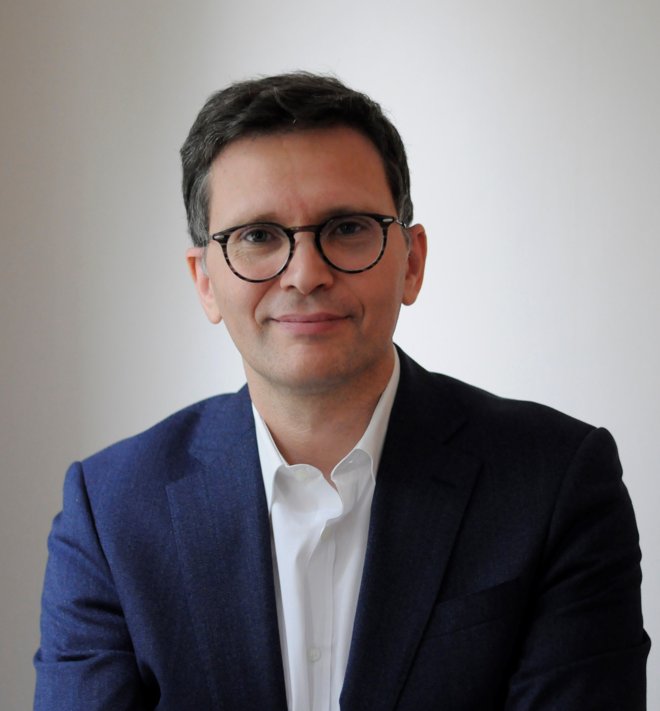Samuel Lagercrantz: ”Will the Swedish life science strategy be updated with precision?”
The process of updating the Swedish life science strategy started at the end of last year and is now in high gear. At the time of writing this, a new version of the corresponding Danish strategy is expected to be presented shortly.
What is the purpose of a life science strategy?
One answer to this question is prioritising the enormous range of ongoing medical research. The current Swedish strategy highlights precision medicine as a priority area:
“We aim for Sweden to be an international frontrunner in the shift towards precision medicine that has begun,” it reads.
I would be surprised if precision medicine is not also given a significant role in the updated version.
Today, unlike in the past, cancer, such as lung or kidney cancer, is not always an indication for drug treatment. Instead, the underlying mutation may be the indication, which is an example of precision medicine, and it is a development that has only just begun. If the same gene mutation is present in a lung and a kidney, it will be treated with the same drug, while two different types of lung tumours often require entirely different types of treatment.
Artificial intelligence is one area that we can also expect to be included in the updated strategy and given more attention. We are currently witnessing the increasing use of machine learning in healthcare and research, such as AI diagnosing cancer or being used for drug development. This is a promising development, but it raises ethical questions, such as how large amounts of patient data can be collected and stored for AI tools to use while still ensuring patient privacy.
Another aspect that ought to be included in the strategy, which has previously been given low priority in medical research in Sweden, is highlighted by Björn Ursing, Head of Life Science at the Embassy of the Netherlands in Stockholm, in an opinion piece in Life Science Sweden.
He emphasises the importance of information security, which is placed highly on many other countries’ agendas. This concerns the approach to industrial espionage and the interests of foreign powers in various sectors, including healthcare, medical research and the biotech industry. Greater awareness is called for in this area, both for security reasons and to ensure Sweden’s competitiveness in this sector.
Artikeln är en del av vårt tema om News in English.

 Av
Av